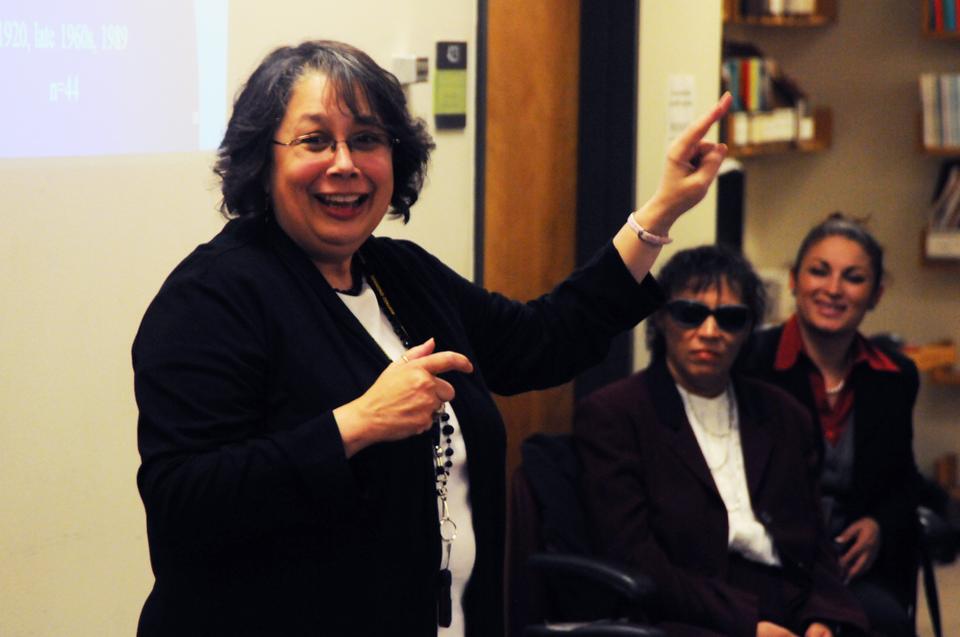
News
Cambridge Residents Slam Council Proposal to Delay Bike Lane Construction

News
‘Gender-Affirming Slay Fest’: Harvard College QSA Hosts Annual Queer Prom

News
‘Not Being Nerds’: Harvard Students Dance to Tinashe at Yardfest

News
Wrongful Death Trial Against CAMHS Employee Over 2015 Student Suicide To Begin Tuesday

News
Cornel West, Harvard Affiliates Call for University to Divest from ‘Israeli Apartheid’ at Rally
Disability, Race Discussed

A group of academics, advocates, and government employees discussed the crossroads of race and disability, addressing the problems of civil rights, economic opportunity, and housing, at a panel discussion at Harvard Law School yesterday.
In a crowded room, the panelists examined the unique issues facing those who are both of color and disabled.
"Disability by itself and race by itself receive a lot of attention ... the intersection does not get what it deserves," said Executive Director of the Harvard Law School Project on Disability Michael A. Stein, who was moderating the event.
The panel opened with President of the Self-Advocacy Association of New York State, Chester Finn, who spoke about his experiences as a blind African-American man.
"Being a person with a disability, I had so many things to deal with that a lot of times I forgot what color I was," Finn said. "I was busy advocating for disability issues."
Although, as a blind man, Finn cannot discern the race of those around him, he said that he understands how "race makes a difference" on a daily basis.
This issue of division—needing to choose between identifying with a specific race or as disabled—arose several times during the discussion.
Fair Housing Manager for the Metropolitan Boston Housing Partnership Barbara Chandler said that when she receives housing requests from colored disabled patrons, she must categorize the petition as either a disability complaint or a race one.
Chandler said that disabled people and people of color usually receive poor housing by identifying with one of these groups and those who are both disabled and of color often receive sub-par housing.
Beyond the implications in the housing market, Chandler said she considers this divisive approach to be morally reprehensible, as she believes people should not be forced to give one part of their identity primacy for the sake of getting better housing.
Richard M. Glassman of Boston’s Disability Law Center addressed some of the ways that new technology is helping lawyers advocate for people who are disabled and of color. Glassman said that his group uses new mapping technology, called GIS, to identify communities that have a large number of people who are of color and disabled in order to do grassroots organizing.
Attendees of the event said they enjoyed the discussion.
"I thought it was very informative," said Betsy Pillsbury, who is the disability research coordinator for Partners HealthCare. "It’s something that isn’t talked about very much and it should be."
Want to keep up with breaking news? Subscribe to our email newsletter.
